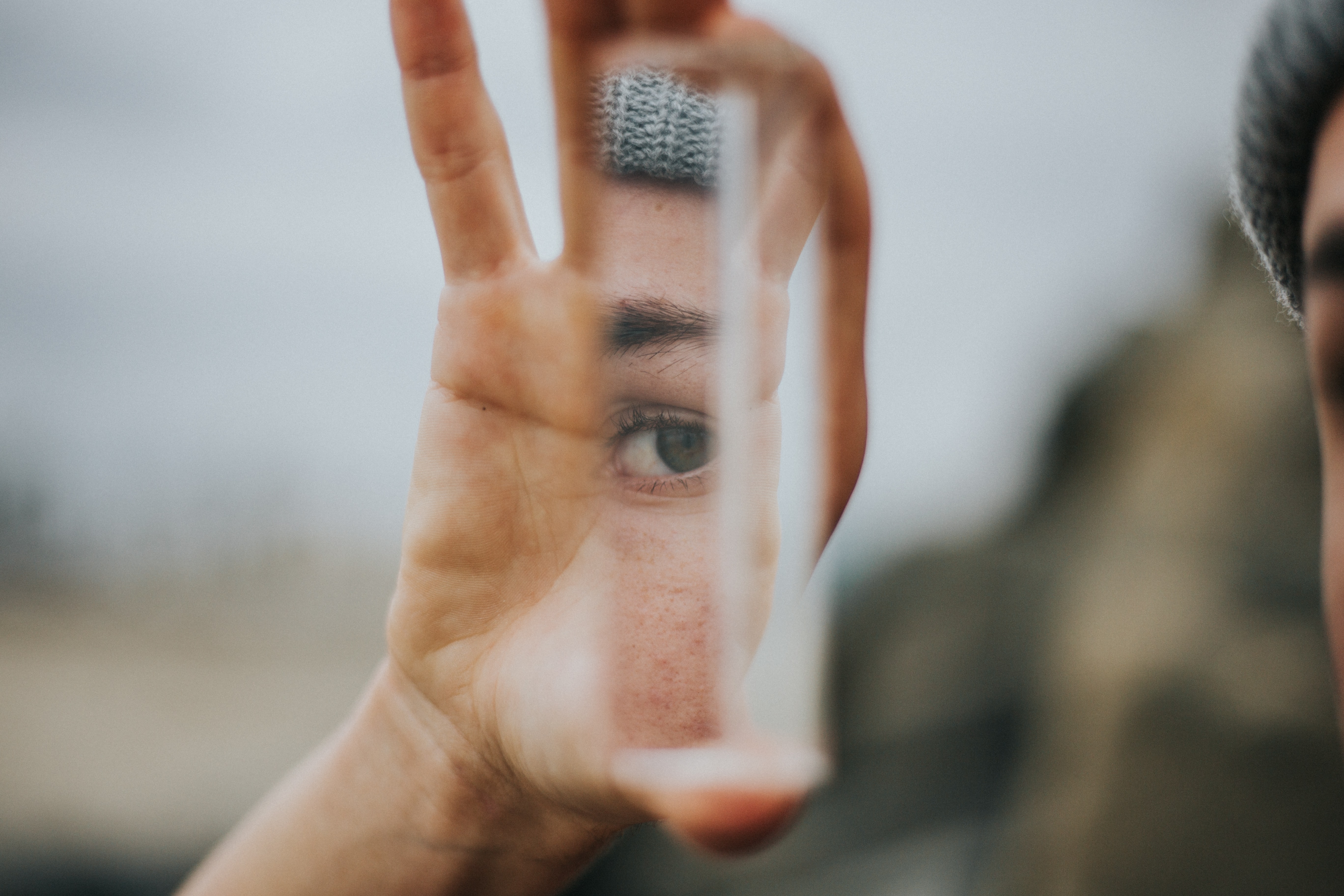
Megan Taylor Meier, an American teenager was found dead three weeks before her fourteenth birthday. She had hanged herself in her closet using a belt, after succumbing to a great deal of cyber bullying.
Previously diagnosed with depression and under medication, Megan was already struggling with her mental health. Megan made an online friend, ‘Josh Evans’ through Myspace, a social media platform and had an instant connection. With time, the online relationship became more intimate. However, the relationship turned sour when suddenly ‘josh’ started sending her disheartening texts, like how he no longer wanted to be friends with her. After a long exchange, the bewildered teenager took her own life. After investigations, it was discovered that the Myspace account ‘Josh Evans’ was actually created by Lori Drew, mother to Sarah Drew, a former friend to Megan with whom she had a fall out. Lori had created the hoaxed account to get information from Megan after she had allegedly spread gossip about her daughter.
It’s worth noting that suicide is the second leading cause of death globally claiming 800,000 lives a year, which translates to one person dying every 40 seconds with the major cause being mental health illness. Studies indicate that use of social media can exacerbate loneliness and worsen mental health especially among the youth. To what extent does exposure to social media negatively impact mental health of the youth?

Social media can damage someone’s self-image. It provides a platform with which someone can express themselves to a wide audience. Soon one attaches their self-worth to their perceived popularity and relevance of their opinion. The number of likes they get is validation, its reassurance that they are worthy. The reverse also holds, the less the likes, the less their perceived self-worth to the point that one derogatory comment can challenge one’s self esteem. They then fixate on feedback leaving their self-esteem at the mercy of internet trolls, cynical people who find pleasure in hateful and shaming comments to any web post that comes their way. However, as they may seem to be the villains in this equation, they are also victims. They use ill comments to satisfy their own cravings for attention and their sinister attitudes soon begins to actually affect their personalities.
Social media deters development of social and emotional skills. One of the biggest hurdles that a youth have to get through during their growth is learning to relate and socialize with other people. They have to face most of their insecurities and fears, fear of being judged or rejected because to the youth, validation is everything. But then comes social media where someone can simply put filters on their pictures and right out a story of their wish. They can put up a façade of any color and an identity of their wish. Their personality depends on the filter that they choose to put up at a given time. That is what makes social media relationships even more exciting than real life relationships, that is why youth are not really rooted to reality. That is why they can get together but spend hours locked on their screens. However, the dopamine wears off with time leaving them in a less exciting reality they have to bare. That is why when shallowness of their virtual relationships finally hits they feel lonelier than ever. It’s no wonder that in a society more interconnected by social media than ever, there are still very many youth suffering depression and loneliness.

Social media fosters an overly competitive spirit. During the earlier stages of childhood, a child is brought up in a competitive society. Much as a competitive spirit can be a driver to growth and development, when unchecked it can also become a hindrance especially in the adolescent ages. It makes youth excessively competitive, always trying to measure up to their peers across many spheres, financial status, fashion, looks or even popularity. Then comes Instagram where they can constantly see how other people are better off than them. Social media becomes a platform where some go to boast their accomplishments and others stay in envy. This leaves them in an emotional roller-coaster which destabilizes their mental health.
So basically that is the role that social media plays in the mental health of the youth. The sad reality is that most youth suffer mental health illnesses silently, hindered by stigmas associated with mental health, they find it hard to reach out for help. Others even suffer depression and loneliness without even knowing due to poor sensitization and awareness about mental health. All this leads to a rise in vices like alcohol and substance abuse as an alternative way of coping with mental health illnesses. With the current predicament of the mandatory quarantine due to the corona virus disease which has increased the use of social media, what policies and initiatives can be put in place to combat the inevitable deterioration of mental health?
